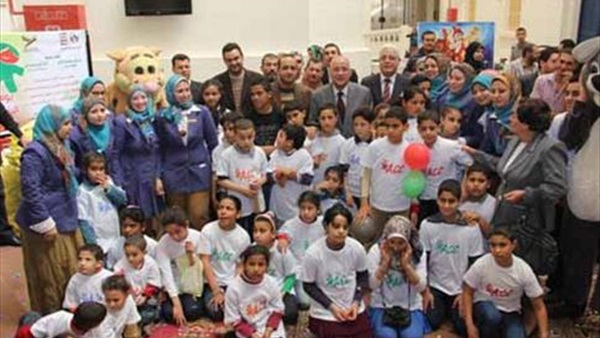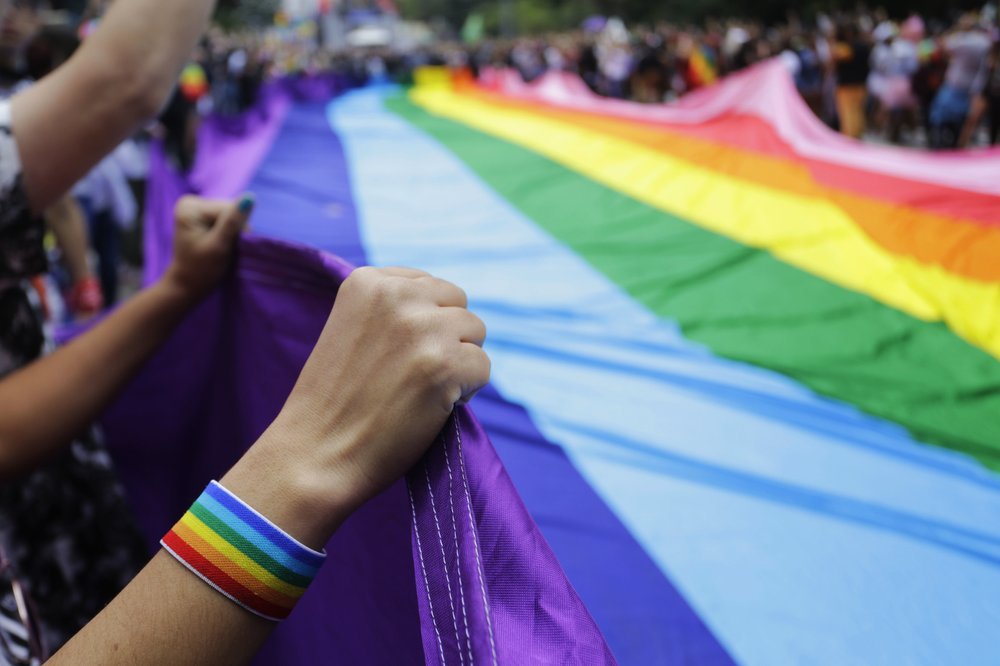
Minister of Social Solidarity Ghada Wali announced that, according to recent studies released by the ministry, the number of children in orphanages has decreased and many orphanage licenses were revoked. This comes consistent with the ministry’s plan to close all orphanages by 2025, as it is better for a child to grow up as part of a family, added Wali.
As for the existing orphanages, Wali added that LE 23 million will be used to improve their conditions, focusing especially on orphanages, as well as elderly homes, in Cairo, Gharbiya and Dakahliya.
She attributed this to the ministry’s efforts to improve the “alternative family” system, through encouraging people to raise children whose parents cannot be identified. She added that a child being raised in a family can help improve his emotional health and physiological status.
The ministry has adopted methods to revolutionize the system, said Wali, first through creating a specialized committee, which was followed by amending the “Child’s Law” to allow the transfer of children to foster families from the age of three months.
In press statements, Wali added that the committee has prepared a draft amendment for the executive part of the “Child’s Law” to include a suggestion to create a high committee for alternative families, consisting of professionals in the field.
If created, the high committee will be responsible for revolutionizing the system as well as reviewing any complaints about decisions from local alternative family committees that will exist in different directorates.
The hotline number 19828 has also been activated since May to reply to foster family concerns and questions, as well as to guide families to the necessary steps to foster children.
Families can also register themselves as the child’s foster family through the ministry’s official website, she added, or through submitting a request to the Directorate of Family and Children within the ministry.
Fostering a child is an appreciated practice in Islam. Prophet Muhammed (PBUH) has a “hadith” (saying) that states that he and those fostering orphans will be companions in heaven.
According to Islam, fostering a child can take place through several means. The first is to pay an organization to provide for the orphan or orphans.
The second is to take responsibility for financial part of educating an orphan.
The third means is to take an orphan into one’s home and treat them like their own child without changing the orphan’s last name to avoid confusion about lineage.
The final way to foster a child is to pay his mother or guardian a certain amount of money to provide for him.
In May, Wali announced the rules that have to exist to make a family eligible to adopt a child. The first rule is for the parents’ age to be at least 25 years old and not to exceed 60.
Moreover, widowers and divorcees, as well as women who have reached 30 years of age with no marriage, are also eligible to foster a child.
The minister also said the parent/parents must be in a financial position to raise a child and must own a home. The parents must also be educated enough. Moreover, the parents must express willingness and ability to provide for the child’s education and healthcare. The eligibility of parents is determined through a specialized social committee.
Another requirement is to treat the child the same way as biological children if they exist and to write a pledge to not conceal the child’s bloodline. The parents are also not allowed to give the child up temporarily, even to his biological family, without knowledge of the committee responsible for revolutionizing foster care.




